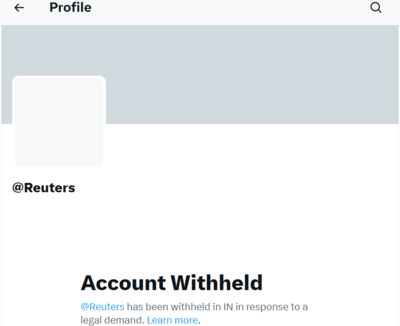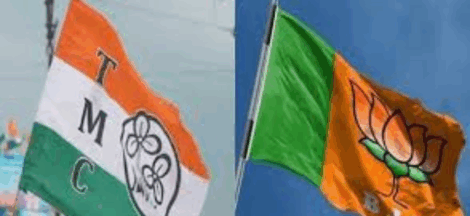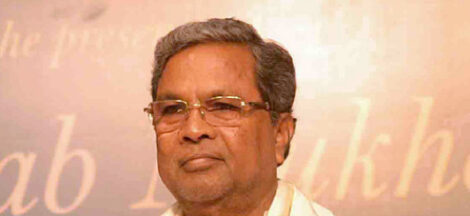Indian users regained access to the X accounts of international news outlets Reuters, Reuters World, TRT World and Global Times on Sunday evening, after being blocked based on a generic “legal demand” notice, according to platform messages. The Ministry of Electronics and Information Technology confirmed that this action was not prompted by any directive from the Indian government and described the incident as a technical glitch or misunderstanding.
The shutdown first appeared on Saturday night, when users in India attempting to visit the @Reuters and @ReutersWorld handles encountered a notice citing India’s Information Technology Act, 2000, which allows content withholding under court or government requests. Several affiliated accounts—such as Reuters Asia, Reuters Tech News, Reuters Fact Check and Reuters China—remained accessible, raising questions about the selectivity of the block.
An email from X to Reuters, dated 16 May, referenced a legal demand under India’s IT Act without identifying the requesting body or detailing the content in question. That notice appeared to escalate into full account withholding across India this weekend. A similar suspension temporarily affected handles of Turkish broadcaster TRT World and China’s Global Times.
Clarifying the government’s position, a MeitY spokesperson communicated to CNN-News18 that no such directive was issued by any official agency. “The government wants the news agency to operate in the country and is working with X to resolve the problem,” the spokesperson said, suggesting the suspension stemmed from a technical or procedural error on X’s part.
X subsequently reinstated the blocked accounts late Sunday evening. An internal message to Reuters stated: “At this time, we are no longer withholding access in INDIA to your account,” confirming the lifting of restrictions.
The incident unfolds against the backdrop of escalating tensions between X and the Indian government. Earlier in March, X filed a lawsuit challenging a government portal it said would massively expand censorship authority. Under Section 79 of the IT Act and Rule 3 of the Intermediary Guidelines, authorities can request the removal or blocking of content deemed unlawful. X argues these powers are overly broad and lacking due process safeguards, prompting its legal challenge.
Government officials assert the portal merely streamlines notifications of harmful content, disputing X’s assertion that it facilitates censorship. Meanwhile, X has accused the government of mislabelling an official site as a “censorship portal”. The Karnataka High Court is set to hear the case on 8 July, where X seeks amendments to clarify or limit interim takedown powers.
Opposition voices in Parliament voiced concern over the block, citing incidents like “Operation Sindoor” in May, when numerous media accounts—including those of Xinhua, Global Times and TRT World—were temporarily suspended. While some accounts were later restored that month, Reuters’s main accounts were unexpectedly withheld this weekend, prompting fresh scrutiny.
Experts warn that such unpredictable account suspensions damage digital trust and may chill independent reporting. Dr Priya Mathew, a media policy analyst, noted that “indeterminate content takedowns, especially without transparency, erode public confidence in both platforms and state institutions.”
Both X and Reuters responded quickly, with X acting to rectify the situation after government assurances, and Reuters liaising with platform officials to restore its presence. However, the cause remains officially unexplained. X has not confirmed whether the block stemmed from internal error, automated filters triggered by the May request, or a third-party legal petition.
As digital platforms evolve under global scrutiny, the episode highlights the complex intersection of government powers, platform governance, and press freedom. The scheduled court hearing on 8 July will likely shape how such legal demands are interpreted and contested in the future.




 RJD Moves Apex Court Over Bihar Voter List Revision
RJD Moves Apex Court Over Bihar Voter List Revision 